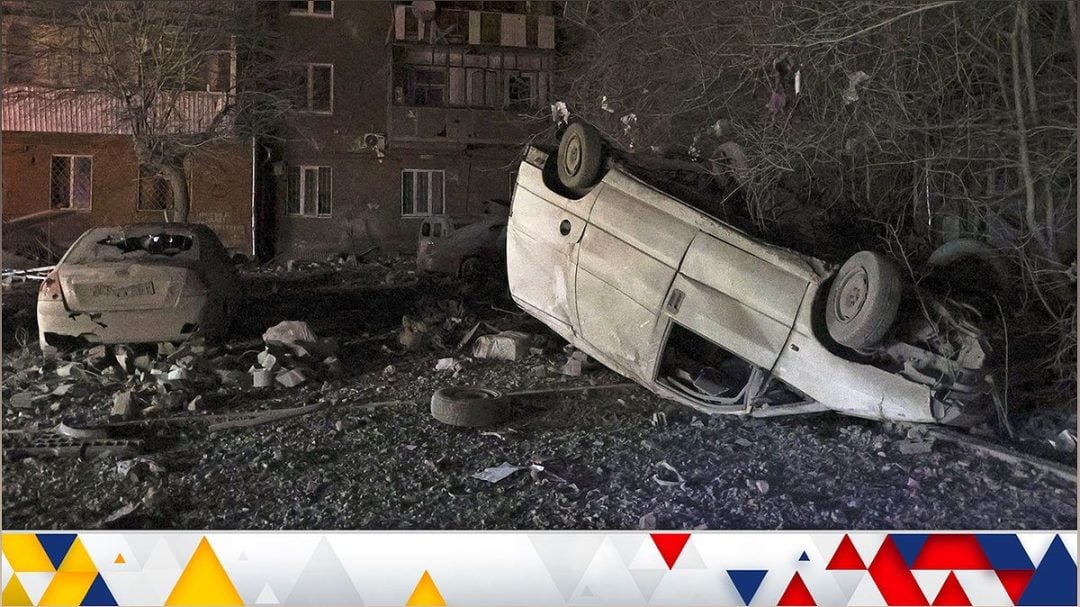Analysis: The Strategic Calculations Behind Putin’s Presidential Announcement
In this analysis, Emily Johnson delves into the strategic calculations behind Vladimir Putin’s presidential announcement. Despite claims of spontaneity, the carefully choreographed nature of the event suggests a calculated move to solidify Putin’s grip on power. Johnson examines the implications this announcement holds for Russia’s political landscape, highlighting the lack of real competition, the role of propaganda, and the potential challenges the upcoming election may bring for the Kremlin. Gain insights into the dynamics shaping Russia’s future and the factors that contribute to Putin’s continued dominance.
The Calculated Timing of Putin’s Presidential Announcement
Vladimir Putin’s announcement of his presidential run was not a spur of the moment decision. It was a carefully choreographed move designed to solidify his grip on power. By strategically timing the announcement, Putin aims to control the narrative and shape the election campaign in his favor.

The timing of the announcement also serves to divert attention from pressing issues, such as the ongoing conflict in Ukraine. By making the announcement during a ceremony honoring Heroes of the Fatherland Day, Putin seeks to portray himself as a strong leader defending the interests of the Russian people.
The Lack of Real Competition in the Election
Despite the appearance of multiple candidates, the reality is that Putin faces no significant competition in the upcoming election. Opposition figures such as Alexei Navalny have been silenced or imprisoned, leaving no credible challengers to Putin’s rule.
The presence of token opposition candidates serves to legitimize Putin’s victory and reinforce the perception of his overwhelming popularity. This lack of genuine competition raises questions about the democratic nature of the election and the state of political pluralism in Russia.
Propaganda and the Perception of Putin’s Leadership
Putin’s extensive control over state media allows him to shape the narrative and present himself as the only leader capable of steering Russia through challenging times. The constant dissemination of propaganda creates a perception of Putin as a strong and decisive leader, further solidifying his support base.
By controlling the flow of information and suppressing dissenting voices, Putin maintains a carefully crafted image that resonates with a significant portion of the population. This propaganda machine plays a crucial role in perpetuating the belief that Putin is the only man who can lead Russia.
Challenges Ahead: The War Economy and Public Opinion
While Putin’s victory in the election is almost certain, there are challenges on the horizon that could impact his rule. The war economy, fueled by increased defense spending, has strained public resources and led to cuts in social programs.
As Russians begin to feel the effects of the war economy in their daily lives, discontent may grow, posing a potential threat to Putin’s popularity. The election campaign could bring these concerns to light and test the resilience of Putin’s support base.
